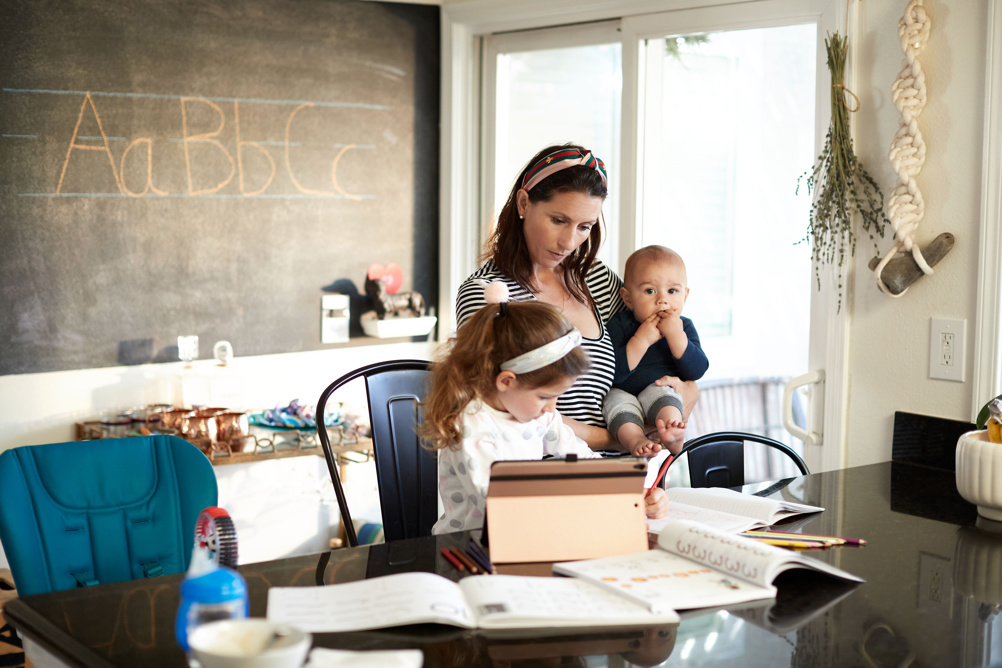
A new briefing for Working Families’ #FlexTheUKcampaign, with Wates Group, shows concern from many parents about a backward slide to less flexible work, and a desire to keep the positive changes that the pandemic has brought for their family life.
It is based on responses to an online You Gov poll carried out between 20-23 May from 1,043 parents of children aged 18 and under, of which 839 have been working during the pandemic
Jane van Zyl, CEO of Working Families, said, ‘This polling sends a strong message to employers that if they want to reach a more diverse talent pool, including from the 13 million working parents in the UK today, they need to be building flexible working into jobs from the start.
Register now to continue reading
Thank you for visiting Nursery World and making use of our archive of more than 35,000 expert features, subject guides, case studies and policy updates. Why not register today and enjoy the following great benefits:
What's included
-
Free access to 4 subscriber-only articles per month
-
Unlimited access to news and opinion
-
Email newsletter providing activity ideas, best practice and breaking news
Already have an account? Sign in here
